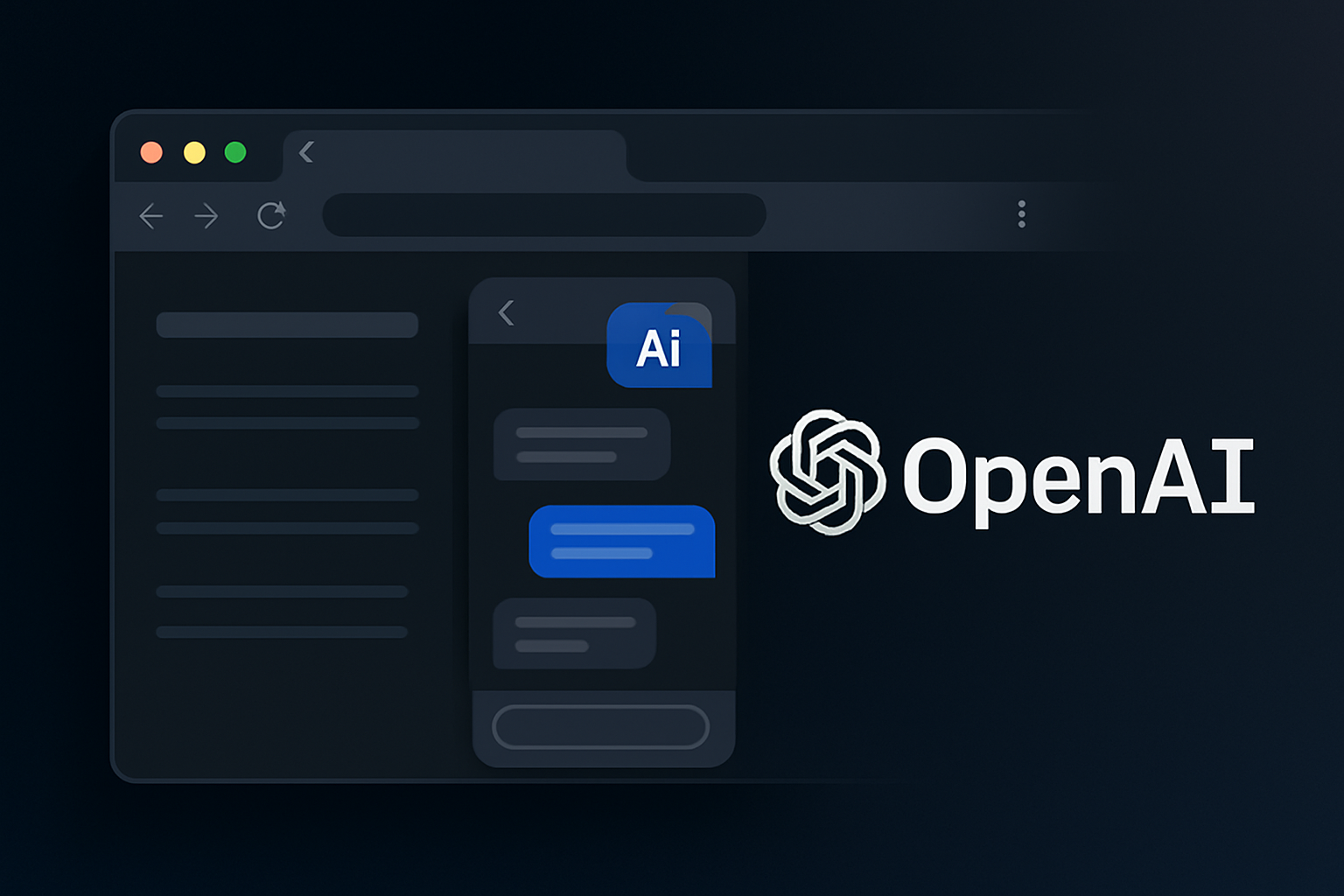OpenAI is preparing to release an AI-integrated web browser designed to compete head-to-head with Google Chrome, signaling a bold expansion beyond pure conversational tools.
A new way to browse with built-in AI
Sources close to the company reveal that this browser will be built on Chromium, the same core that powers Chrome, but with native AI capabilities. It is expected to feature an interface similar to ChatGPT, enabling users to handle tasks like booking tables, searching flights or autofilling forms, all guided by an intelligent assistant.
This represents a fundamental shift from traditional search and static page views to dynamic, AI-driven interaction.
Taking on Chrome’s dominance
Google Chrome currently holds over two-thirds of the global browser market, with billions of users. OpenAI aims to tap into its existing massive user base from ChatGPT to convert loyalists into browser adopters. The new platform could offer a more seamless, proactive web experience, reshaping how people interact with content online.
Rising competitive stakes in AI browsing
This move places OpenAI squarely into the rising battle for AI-centric browsers. Rivals like Perplexity, Brave with its integrated AI, and startups like The Browser Company are all racing to redefine web navigation. However, OpenAI’s deep integration with its own language models may give it a unique advantage.
Will OpenAI succeed in disrupting Chrome’s long-standing dominance? The answer may redefine the future of the internet.







